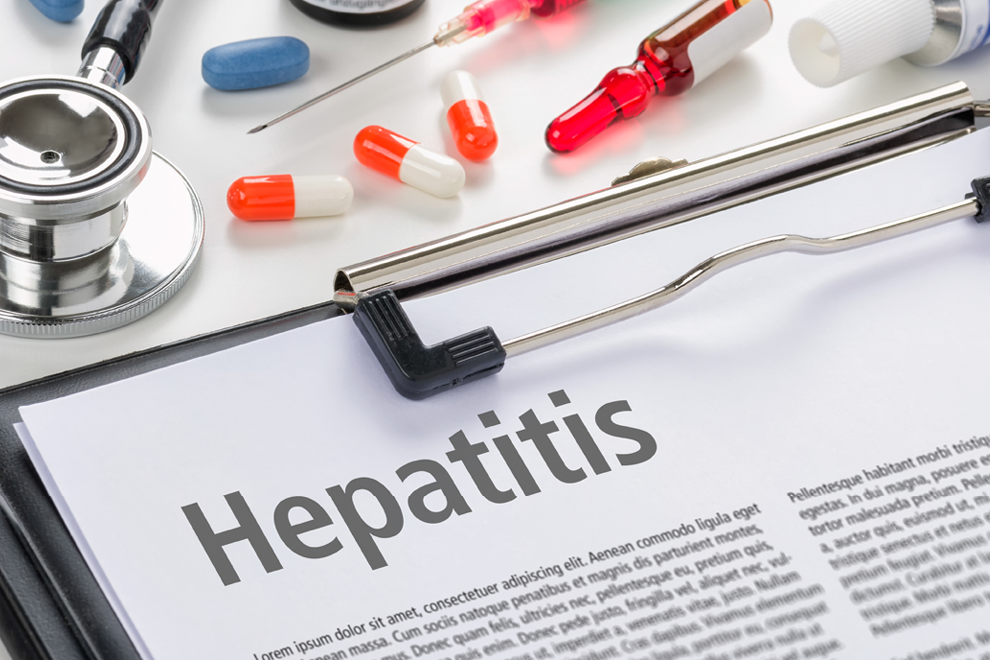Adenovirus as we know it circulates all year around and is detected among others, on surfaces, doorknobs, swimming pools and recreational waters.
It is usually transmitted by the faecal oral route and in close contact with contaminated surfaces. It can also be transmitted through coughing and sneezing droplets and thus can be transmitted by the airborne route.
It is resistant to many common disinfectants and can remain infectious for long periods. The US EPA gives a list of suitable disinfectants, same as the ones used for Norovirus, which can be used to kill Adenovirus.
Adenovirus is a double stranded non-enveloped DNA virus with over 50 types that infect humans (type B, C, D, E & F). They can also infect a wide range of vertebrate animals.
Symptoms can include mild respiratory conditions with usual viral illness symptoms, and in some cases can cause pneumonia (Group B & C). Groups B & D can also cause painful eye infection and earache in children, while Group F can cause symptoms like Gastroenteritis.
Why are we discussing Adenovirus?
Recently, the World Health Organisation (WHO) released a report on acute hepatitis in children with an unknown origin. Even though Adenovirus is a hypothesis as being one of the strongly associated reasons for Hepatitis in this report, it is still under investigation. United Kingdom is one of the highly affected countries.
The UKHSA is continuing to investigate this sudden onset of Non-A non-B hepatitis in children less that 10 years old. As of 21st June 2022 there have been 288 confirmed cases in the UK with Adenovirus type 41F being isolated in 65% of cases. While no children have died at least 12 have required liver transplants.
SARS-CoV-2 has also been considered as a possible source affecting 15% of the cases in the UK, however this may be incidental and due to the amount of circulating virus in the community. Other viruses including adenovirus-associated virus; human herpes virus 6 are currently being considered, and work to confirm the cause in ongoing. However, the association with Adenovirus type organisms remain the leading hypothesis.
Diagnosis for Hepatitis of all types
PCR analysis has been the first line of diagnosis. Blood sampling, respiratory sampling and stool sampling are being used to collect specimen. Respiratory specimen in a VTM such as the SIGMA VIROCULT® (Viral transport media) and SIGMA MM™ inactivation media can be used to collect samples.
If the samples contain an organism that causes hepatitis, for example Hepatitis A, B, C, SARS-CoV-2 or indeed Adenovirus, they are infectious and can be considered high risk pathogens, a safe way to collect and transport them is crucial. The SIGMA-VIROCULT® media is proven to be a suitable medium to collect and transport these samples to the laboratory.
For a belt and braces approach the sample can be inactivated by the patient bedside and an inactivation media like the SIGMA-MM™ would quickly inactivate these deadly pathogens and preserve the RNA/DNA for future testing.
Another alternative is the FECAL TRANSWAB®, a swab-based system compatible with PCR. It can be used to collect specimen from the rectum or stool. The benefit of a swab-based system is that the amount of sample required is small, and it can negate the need to perform pre-extraction procedures that may be time consuming, costly and involve hazardous chemicals.
MWE’s has 70 years of expertise manufacturing a range of quality specimen collection devices for viruses, bacteria, mycoplasma, and more in industries including Clinical, Food, Pharma, Forensics and Veterinary.
